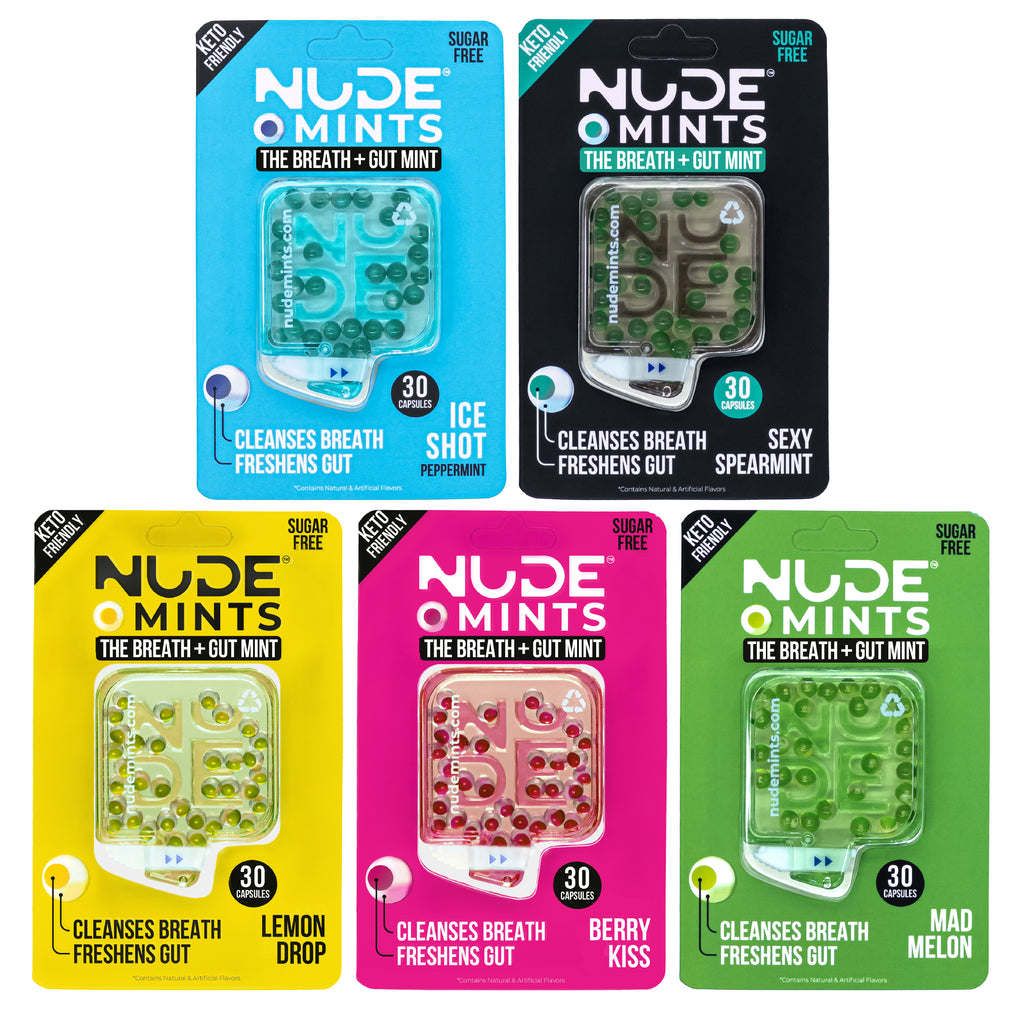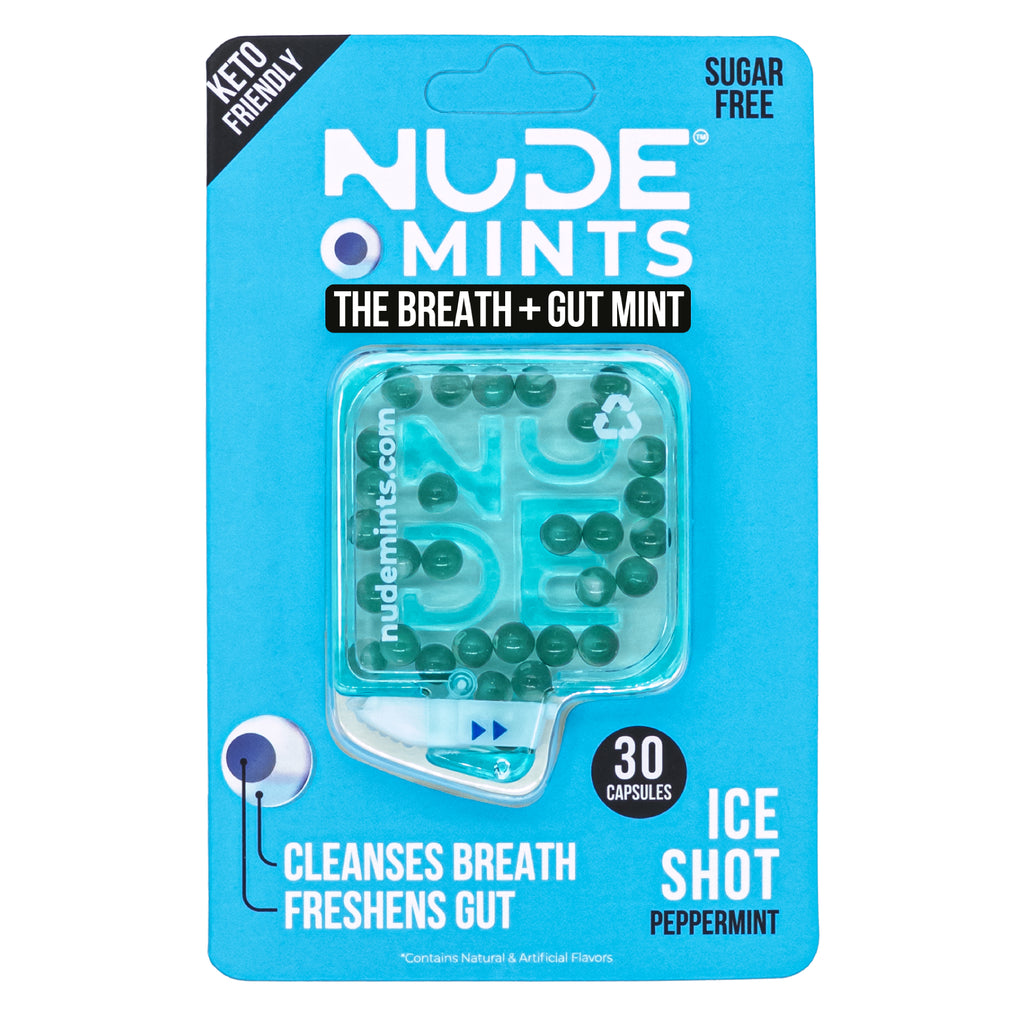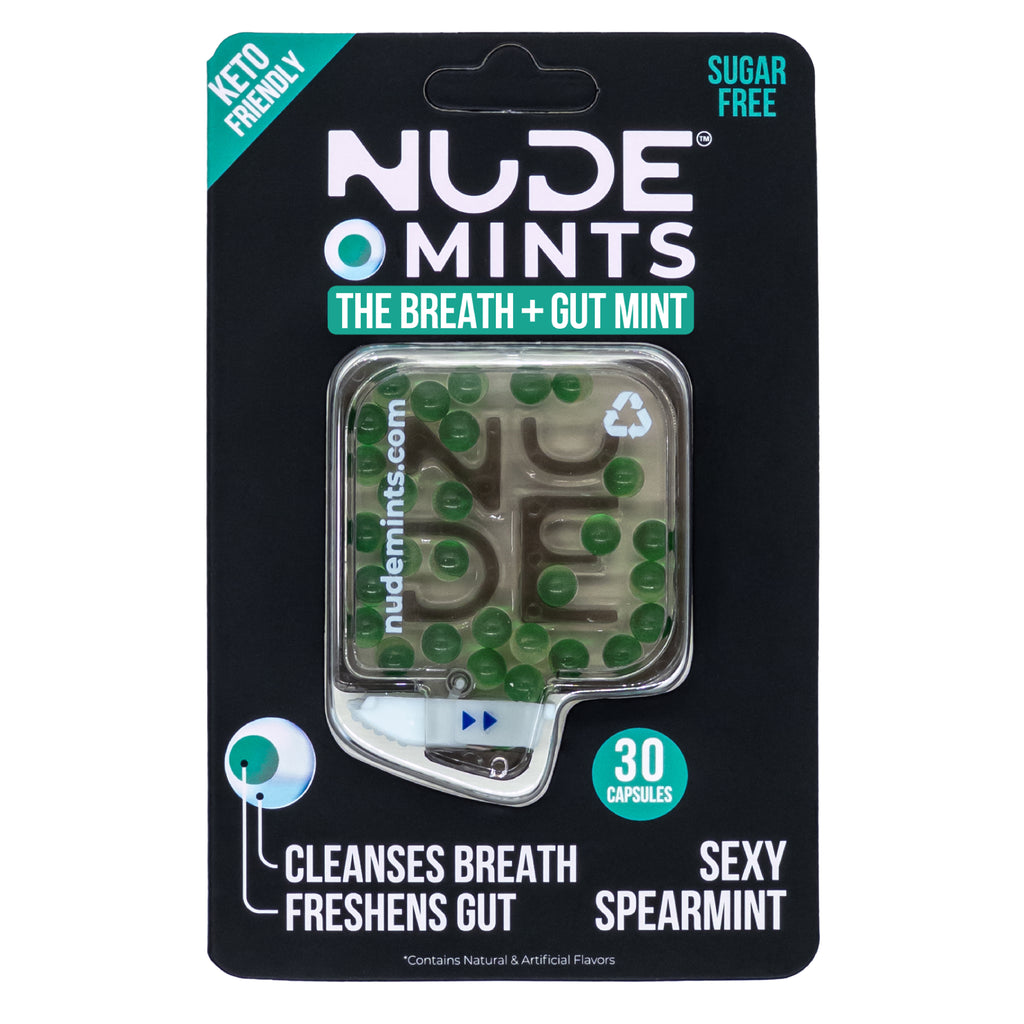What is Dental Abscess: Signs, Causes, Remedies
-
A dental abscess is a group of pus that may type contained in the teeth, within the gums, or within the bone that holds the teeth in place. It is attributable to a bacterial infection.
An abscess on the finish of a tooth is known as a periapical abscess. An abscess within the gum is known as a periodontal abscess.Dental abscesses are sometimes painful, however not at all times. In both cases, they need to be checked out by a dentist.It is essential to get assistance as quickly as doable, as abscesses don’t go away on their very own. They will typically unfold to different elements of the body and make you unwell. Signs of a dental abscess
Signs of an abscess in your tooth or gum might including:
- bad breath or a disagreeable taste in your mouth
- an intense throbbing ache within the affected tooth or gum that will come on all of the sudden and will get regularly worse
- an ache that spreads to your ear, jaw, and neck on the identical aspect as the affected tooth or gum
- an ache that is worse when mendacity down, which can disturb your sleep
- redness and swelling in your face
- a young, discolored or free tooth
- shiny, crimson and swollen gums
- sensitivity to scorching or cold food and drink
If an infection spreads, you might also develop an excessive temperature (fever) and really feel usually unwell. In extreme instances, it’s possible you’ll discover it exhausting to completely open your mouth and have a problem swallowing or respiration.
What to do if in case you have a dental abscess
You need to see a dentist as quickly as doable if you happen to assume you have got a dental abscess. Keep away from visiting a GP, as there’s little they’ll do to assist.
You may get assist from:
- your native A&E – if you’re having problem respiration or swallowing, or there’s swelling around your eye or neck
- your registered dentist – if it is out of hours, they need to have an answerphone message with particulars of methods to entry out-of-hours dental therapy
- NHS 111 – who may give you particulars of dental companies in your space
You will have to pay for emergency NHS dental therapy, relying on your circumstances.
Relieving ache from a dental abscess
When you’re ready to see a dentist, painkillers might help management your ache. Ibuprofen is the popular painkiller for dental abscesses, however, if you happen to be unable to take it for medical causes, you may take paracetamol as a substitute.
If 1 painkiller doesn’t relieve the ache, taking each paracetamol and ibuprofen on the doses proven within the drug’s leaflet might assist. That is protected for adults, however not for kids under 16.
It might additionally assist to:
- attempt consuming cool, comfortable meals if doable, utilizing the alternative aspect of your mouth
- use a comfortable toothbrush and briefly keep away from flossing across the affected tooth
- keep away from scorching or cold food and drink if it makes the ache worse
These measures might help relieve your signs briefly, however you shouldn’t use them to delay getting assistance from a dentist.
Therapies for a dental abscess
Dental abscesses are handled by eradicating the supply of infection and draining away the pus. Relying on the situation of the abscess and the way extreme the infection is, doable remedies including:
- eradicating the affected tooth (extraction) – this can be vital if root canal therapy will not be doable
- incision and drainage – the place a small minimize (incision) is made within the gum to empty the abscess (that is often solely a short-lived resolution and additional therapy could also be wanted)
- root canal therapy – a process to take away the abscess from the basis of an affected tooth earlier than filling and sealing it
Local anesthetic will often be used to numb your mouth for these procedures. Extra in-depth operations could also be carried out beneath normal anesthetic, the place you are asleep. Antibiotics should not routinely be prescribed for dental abscesses however could also be used if an infection spreads or is especially extreme.
What causes dental abscesses?
Your mouth is stuffed with bacteria, which type a sticky film in your teeth known as plaque. If you don’t maintain your teeth clean, acids produced by the bacteria in plaque can harm your teeth and gums, resulting in tooth decay or gum illness.
The next can enhance your probabilities of creating a dental abscess:
- poor oral hygiene – plaque can build-up in your teeth if you don’t floss and brush your teeth frequently
- a harmful or earlier surgical procedure to your teeth or gums – bacteria can get into any broken elements of the teeth or gums
- consuming plenty of sugary or starchy food and drink – these can encourage the expansion of bacteria in plaque and should result in decay that can lead to an abscess
- having a weakened immune system – this contains individuals with sure underlying health situations, equivalent to diabetes, and these having therapy, together with steroid medicine or chemotherapy
Stopping dental abscesses
You possibly can cut back your threat of creating dental abscesses by retaining your teeth and gums as wholesome as doable.
To do that, you must:
- use floss or an interdental brush a minimum of once a day to wash between your teeth and beneath the gum line
- brush your teeth with fluoride toothpaste twice a day – spending a minimum of 2 minutes every time
- keep away from rinsing your mouth with water or mouthwash after brushing as a result of this washes the protecting toothpaste away – simply spit out any extra toothpaste
- minimize down on sugary and starchy food and drinks – notably between meals or shortly earlier than going to mattress
- go to your dentist frequently – your dentist can counsel how typically you must have a check-up, primarily based in your oral health
Grab a Pack of NUDE Mints
A dental abscess often comes with bad breath. If you’re scared of your breath feeling a little stinky, just pop a NUDE mints in your mouth. Developed with novel technology from Japan, you get instant fresh breath, a clean gut, and a boost in confidence. Buy a pack of NUDE mints available in Ice Shot, Berry Kiss, Citrus Squeeze, Lemon Drop and Mad Melon.
Get the freshest news on your favorite mouth cleanser and gut freshener!
Read More
-
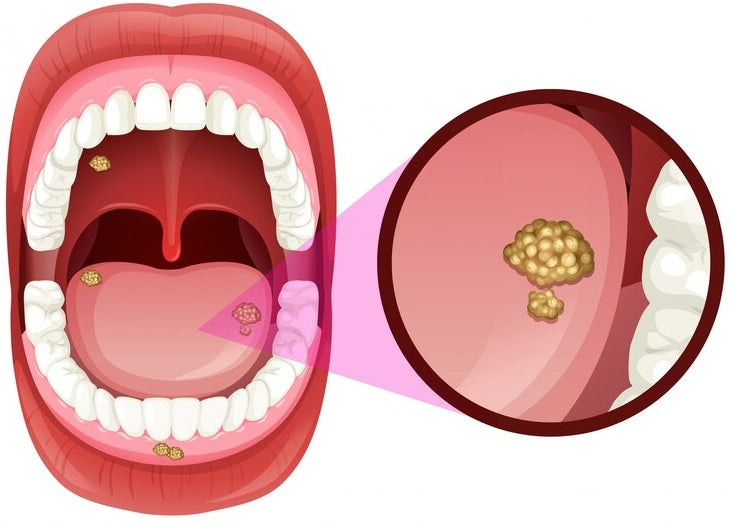
Halitosis: Understanding the Causes, Diagnosis, and Treatment for Fresh Breath
Halitosis, commonly known as bad breath, is a condition that affects a large number of people worldwide. It can be an embarrassing and isolating experience, but it is important to know that it is a common problem and that there are effective treatments available. In this article, we will discuss the causes, diagnosis, and treatment of halitosis. Causes of Halitosis Halitosis can have several causes, both internal and external. The most common causes include poor oral hygiene, dry mouth, certain foods and drinks, smoking, and certain medical conditions. Poor Oral Hygiene Poor oral hygiene is the most common cause of halitosis. When food particles and bacteria build up in the mouth, they can cause an unpleasant odor. Brushing and flossing...
-
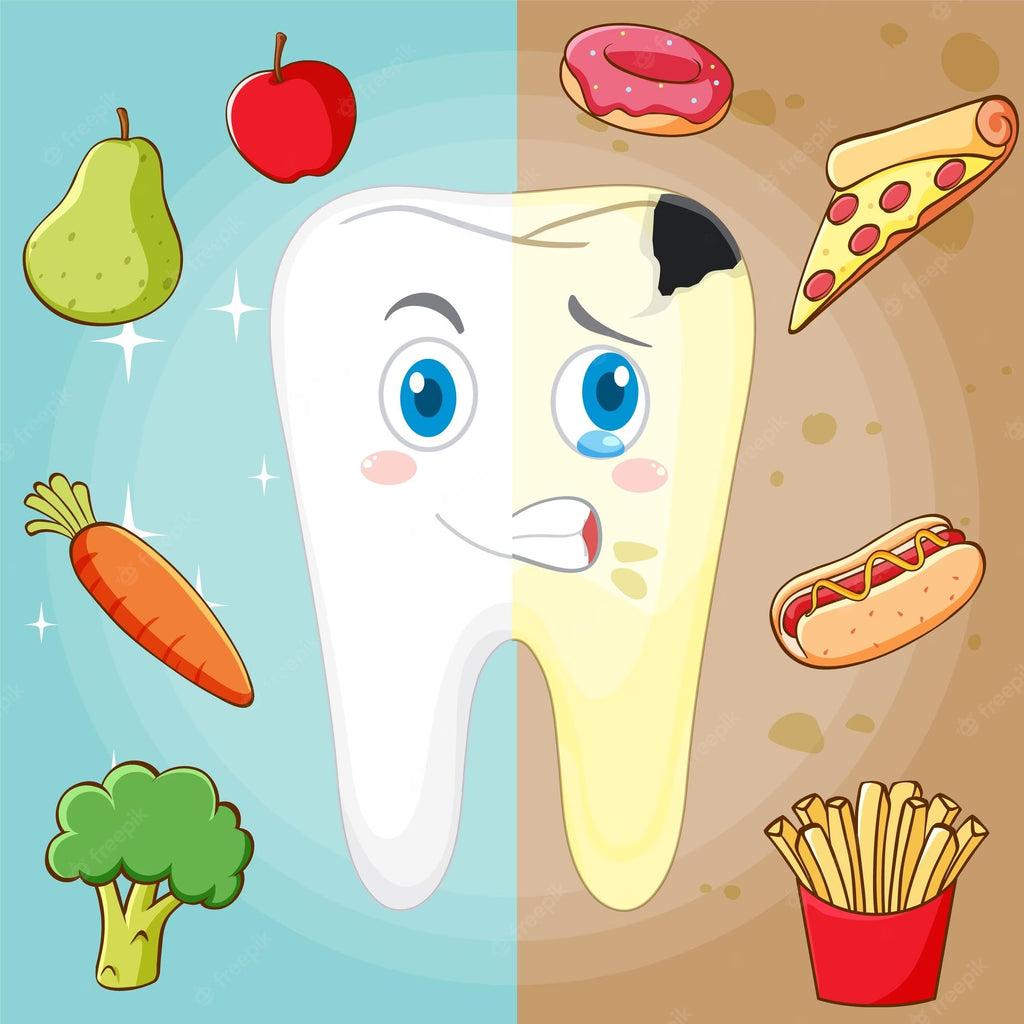
Crucial Connection Between Nutrition and Oral Health: Guide for Better Dental Care
As a dental health professional, we understand the importance of maintaining good oral hygiene to prevent cavities and gum disease. Brushing twice a day and flossing daily are essential habits, but did you know that nutrition also plays a crucial role in keeping your mouth healthy? In this article, we will explore the connection between nutrition and oral health and how you can make better food choices to support your dental health. How Nutrition Affects Oral Health Your diet can impact your oral health in many ways. A diet high in sugary and acidic foods can increase the risk of tooth decay and gum disease. When you eat sugary foods, the bacteria in your mouth feed on the sugar and...
-
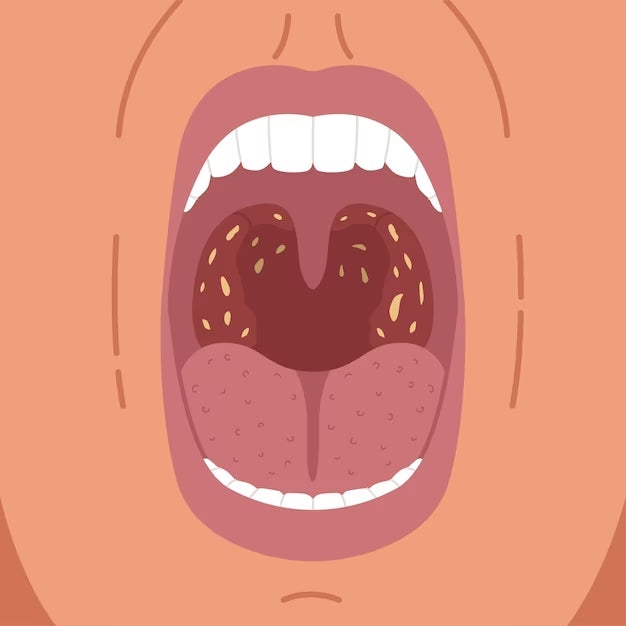
How to Treat Bad Breath Caused by Dry Mouth
Do you ever feel self-conscious about your breath? Do people avoid talking to you because of bad breath? Dry mouth, also known as xerostomia, can cause bad breath and make social interactions uncomfortable. In this article, we will discuss what causes dry mouth, how it leads to bad breath, and what you can do to treat it. Table of Contents What is dry mouth? Causes of dry mouth How dry mouth causes bad breath Signs and symptoms of dry mouth Diagnosis of dry mouth Treating dry mouth Home remedies for dry mouth Professional treatments for dry mouth Tips for maintaining oral hygiene Foods and drinks to avoid with dry mouth Conclusion FAQs What is dry mouth? Dry mouth occurs when...
-
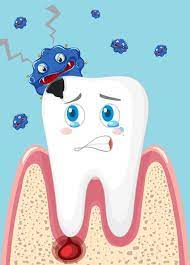
The Relationship Between Diabetes and Gum Disease: Understanding the Link
Diabetes and gum disease are two conditions that may seem unrelated, but research has shown that they are actually closely linked. In fact, individuals with diabetes are more likely to develop gum disease, and those with gum disease are more likely to have difficulty controlling their blood sugar levels. This article will explore the connection between diabetes and gum disease, and provide insights on how you can reduce your risk of developing both. The Relationship Between Diabetes and Gum Disease Diabetes is a condition that affects the body's ability to produce or respond to insulin, a hormone that regulates blood sugar levels. When blood sugar levels are consistently high, it can lead to a range of health complications, including nerve...
